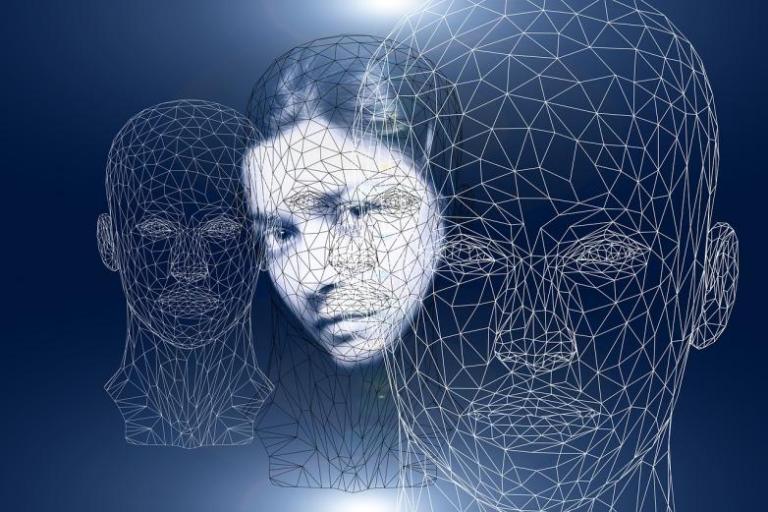Research is showing that religion is not just a learned behavior or intellectual assent to certain propositions. Rather, religion appears to be innate, universal, and a characteristic of being human. That is to say, in the words of an article on the subject, “religion is more like sex than school.”
Prof. Kevern cites the findings of the field of study known as the cognitive science of religion. He quotes researcher Jeffrey Schloss:
Why, despite a century of presumed secularisation, does religion persist in the western world, and why does it seem easier for human beings to be religious than to be secular?
Evidence that religion–a sense of the sacred, the search for meaning, the need for worship, etc.–is innate would seem to be a more sophisticated version of one of the classic arguments for the existence of God: the argument from common consent. This is not a rigorous proof, since all cultures throughout history could be mistaken as to the truth of their universally-held religious beliefs. But this version, which minimizes intellectual “beliefs” in favor of universal drives and experiences, would seem to carry more weight.
The instinctual drive for sex points to the reality of biological reproduction. Hunger points to the reality of food. The emotional need for relationships points to the necessity of individuals living in communities. An innate drive for religion would suggest that the object of religion is real. (See Pascal.)
So far, so good. But then the “cognitive scientists,” having given evidence for the innateness of religion, feel constrained to try to fit this evidence into a Darwinian black box. And the results become ridiculous.
The researchers cited by Prof. Kevern look for an evolutionary explanation for religion, something that would add survival values to our primitive ancestors. They say that there would be an evolutionary advantage if our ancestors had a sense that something was watching them. That way, they could all the better avoid the predatory animals lurking in the bushes. Religion, they argue, may have developed from that sense that “someone is watching” as a secondary consequence, being transferred from sabertooth tigers to “gods.”
But is “God is watching you” really what religion is all about? What about the perception of the numinous, the experience of transcendence, the intuition of meaning? Or having God break into your life?
And how does “God is watching you” relate to actual religions? To Christianity’s incarnation and atonement? Buddhism’s extinction of desires? Hinduism’s god within? (That there are such differences in actual religions demonstrates that the universal, innate quality of religion is NOT a matter of their truth claims, which are very different and incompatible with each other. If having a religion is innate, that is by no means an argument for any kind of syncretism.)
The notion of “God is watching” sounds more like the kind of deity that secularists often complain about. They don’t want to believe in a God that violates their privacy or is always looking over their shoulder and not letting them do what they want to do.
This childish version of religious belief shows that secularists are ill-equipped to study religion. To return to the metaphor, it would be like aliens who know nothing of sex trying to understand earthling’s sexual behavior. Because they don’t “get it” existentially, they would be unlikely to understand it intellectually.
This is so especially in light of the original research question: “why does it seem easier for human beings to be religious than to be secular?” Secularists have to keep working at it. They have to deny their inner drives and feelings, repressing their innate being.
That it is “easier” to be religious than to be secular is a remarkable admission, though this too shows a childishly superficial understanding of the spiritual life, which is almost never “easy.”
I do appreciate what Prof. Kevern says in his conclusion, that the cognitive study of religion “stands as a warning to the devout atheists that religion will never go away, and that attacks on religious people as irrational will not make any real difference.”
Illustration by geralt, via Pixabay, CC0, Creative Commons














